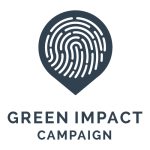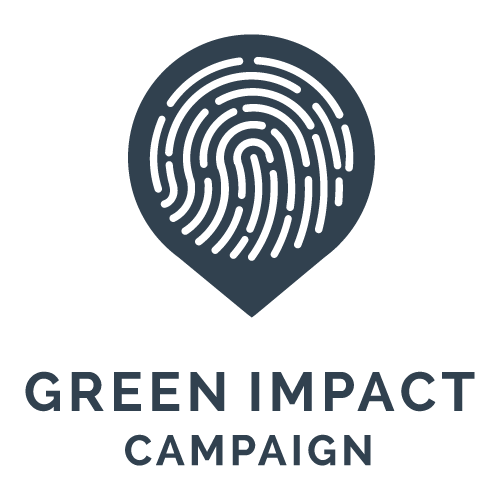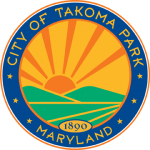5 Tips to Writing a Green Resume

Resumes are looked at for about 20 seconds by potential employers. 20 seconds! That’s assuming it actually makes it to a human. At some companies, resumes are first given an optical pat down (or “Optical Character Recognition”) by software that scans the resume for predefined keywords. If your resume doesn’t contain those keywords, your resume won’t be going any further.
Writing a resume can be tough. Throw in the fact that you’re writing one for an emerging – and highly competitive – industry, and the task becomes even more of a challenge. Last year, a good friend of the Campaign and author of the critically acclaimed resource 20 Minute Resume, Peter Denbigh, stopped by one of the Green Impact Campaign/Net Impact webinars to offer some key tips for ensuring your green resume is seen and effective:
- Know the lingo. It’s more than just showing you understand the industry, it’s also about being found. When recruiters are searching on LinkedIn, monster, or even internal software, they use keywords to find and filter candidates. So be found.
- Experience is experience. You might not have any professional experience in a CSR role, but you probably have many overlapping responsibilities from past experiences outside of the green industry. Be sure to touch on those overlapping items, but be sure to include results and impacts achieved instead of just roles and responsibilities. Use stats and numbers whenever possible.
- Social media can be your friend. We’ve heard a lot about how employers can stalk Facebook profiles and find pictures of students doing keg stands. But, with the proper privacy filters and editing, we can use social media networks to further promote our qualifications and personal interests. Join “green” groups and networks on LinkedIn. Follow and tweet to some of your favorite “green” companies on Twitter.
- Be you, stand out. If you’re looking for a green job, chances are that you have some personal interest in the environment, nature, clean energy, etc. Include your hobbies, interests, and clubs on your resume. It’ll give you a personality and show that you’re values are consistent in your personal and professional life.
- Go paperless, but ensure digital perfection. Make sure that pdfs and digital items sent to employers work across all platforms (Mac and PC) and browsers (Firefox, Chrome, etc.). Test it out and triple check it. And if you do have to print or send a hard copy, be consistent with the values of the industry. There are some really great recycled-content paper and eco-friendly ink options out there.
And some general resume tips to keep in mind:
- Modesty doesn’t bring home the bread – your resume is no place to be shy or modest about your accomplishments.
- Keep it to a page – if you are just starting or early in your career, there is no reason for your resume to be over a page.
- Show me, don’t tell me – tell what you accomplished with statistics and numbers, not what you signed up to do.
- Follow up, follow up, follow up – hiring managers are busy, so it’s always good to follow up after any conversation.
- Go beyond the online application – utilize social media networks, in-person networking events, and any other opportunity to get your resume and face in front of the potential employer.
You can watch the full webinar to hear more detail and tips from Peter Denbigh: Writing a Green Resume That Gets Results (Net Impact webinar)
And don’t forget, your involvement with Green Impact Campaign is an excellent way to add some tangible experience to your green resume. If your student chapter hasn’t signed up yet, you can learn more about joining here.






